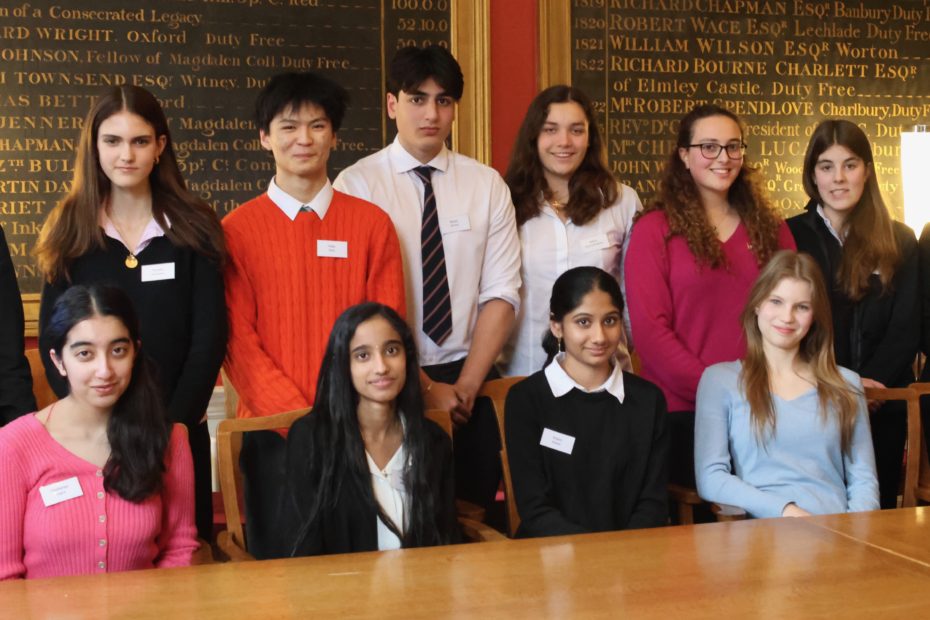Event Summary: Peter Singer on Disagreement
On 11 June, Professor Peter Singer presented the very first Ethox-Uehiro lecture, entitled ‘Disagreeing on Ethical Questions, Fruitfully and Otherwise’, at St Cross College, Oxford. The lecture room was full, and well over 100 people watched the livestream, which is now available here. …………………………………………………………………………………………………… Singer’s lecture was about not the more abstract or a priori… Read More »Event Summary: Peter Singer on Disagreement










